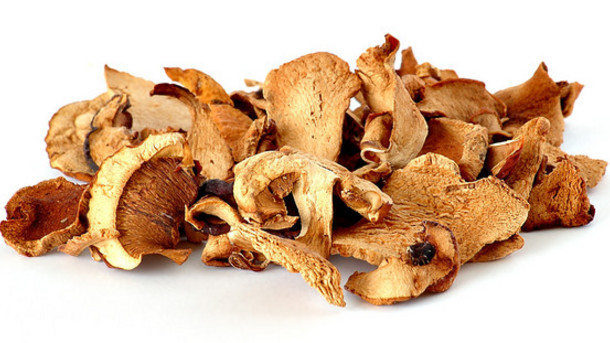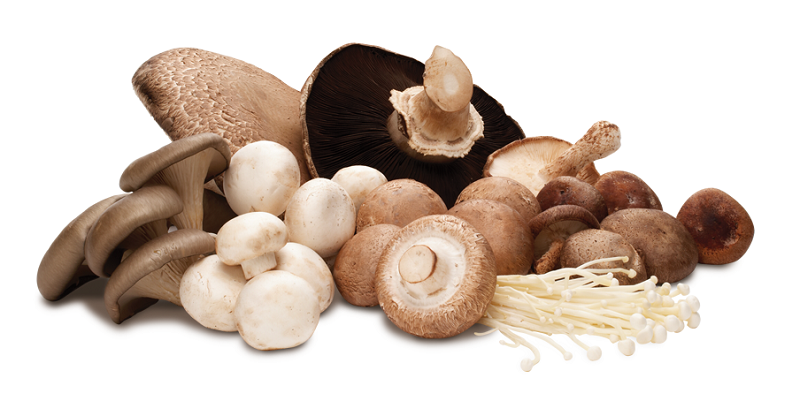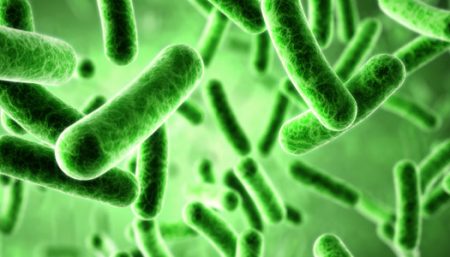A mushroom a day may keep the doctor away. The active ingredients in a Asian mushroom can change bacteria in your stomach for the better, researchers have found. By altering gut bacteria, the Reishi mushroom (Ganoderma lucidum) prevents and reverses symptoms of obesity in mice, including weight gain and insulin resistance.

Recently a supplement from the Ganoderma lucidum mushroom (more commonly known as “reishi”) was found to slow down the pace of weight gain by apparently altering bacteria inside the digestive system of mice. In this study, the researchers aimed to see if reishi was effective in preventing obesity. They gave mice different amounts of reishi or placebo and either a normal diet or a high-fat diet for eight weeks. All mice on the high-fat diet gained a lot of weight and body fat, but those given reishi did not gain as much weight or body fat. The reishi supplement did not have an effect on mice fed a normal diet. The supplement appeared to work by improving the number of “good” bacteria in the gut and through reducing inflammation. Some studies have suggested that chronic inflammation and an increased number of “bad” bacteria in the gut are linked to obesity in humans. The laboratory study was carried out by researchers from Chang Gung University and other institutes in Taiwan, and the University of the Pacific and Rockefeller University in the US.
Ganoderma lucidum (Lingzhi or Reishi): A Medicinal Mushroom.
The name lingzhi represents a combination of spiritual potency and essence of immortality, and is regarded as the “herb of spiritual potency,” symbolizing success, well-being, divine power, and longevity. The specific applications and attributed health benefits of lingzhi include control of blood glucose levels, modulation of the immune system, hepatoprotection, bacteriostasis, and more. It is also used for HIV/AIDS, altitude sickness, chronic fatigue syndrome (CFS), trouble sleeping (insomnia), stomach ulcers, poisoning, and herpes pain. Other uses include reducing stress and preventing fatigue.
In a study of the nonvolatile components of G. lucidum, it was found that the mushroom contains 1.8% ash, 26–28% carbohydrate, 3–5% crude fat, 59% crude fiber, and 7–8% crude protein. In addition to these, mushrooms contain a wide variety of bioactive molecules, such as terpenoids, steroids, phenols, nucleotides and their derivatives, glycoproteins, and polysaccharides. Mushroom proteins contain all the essential amino acids and are especially rich in lysine and leucine. The low total fat content and high proportion of polyunsaturated fatty acids relative to the total fatty acids of mushrooms are considered significant contributors to the health value of mushrooms. Polysaccharides, peptidoglycans, and triterpenes are three major physiologically active constituents in G. lucidum.
Dosage
The appropriate dose of reishi mushroom depends on several factors such as the user’s age, health, and several other conditions. At this time there is not enough scientific information to determine an appropriate range of doses for reishi mushroom. Keep in mind that natural products are not always necessarily safe and dosages can be important. Be sure to follow relevant directions on product labels and consult your pharmacist or physician or other healthcare professional before using.

The results of this study suggest a possible use for the extract, but randomized controlled trials in humans are required to determine safety and effectiveness for preventing weight gain.
Side Effects
If ganoderma is consumed for more than three to six months, you may experience some side effects. Common side effects from taking ganoderma include stomach upset, nosebleeds, dry mouth and dizziness, notes the University of Michigan Health System. You may also experience dry throat, itching, nausea and vomiting, says the Memorial Sloan-Kettering Cancer Center.
Take note that, eating a balanced diet including plenty of fruit and vegetables and taking regular exercise based on your ability is the best way to combat obesity.
Reishi Mushroom Tea
|
Reference:
Disclaimer
The Content is not intended to be a substitute for professional medical advice, diagnosis, or treatment. Always seek the advice of your physician or other qualified health provider with any questions you may have regarding a medical condition.


